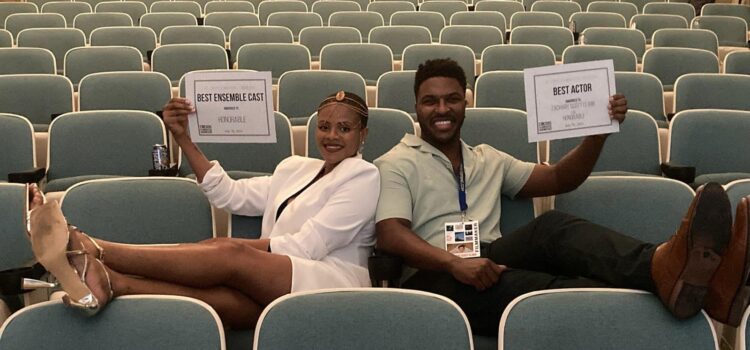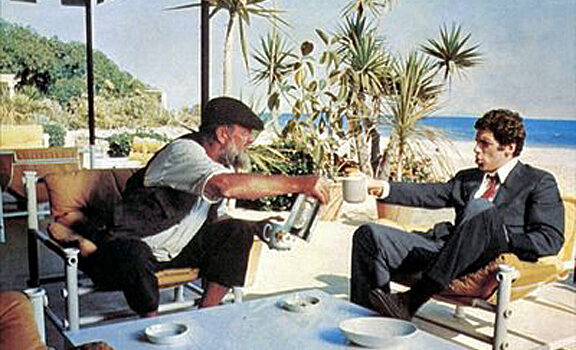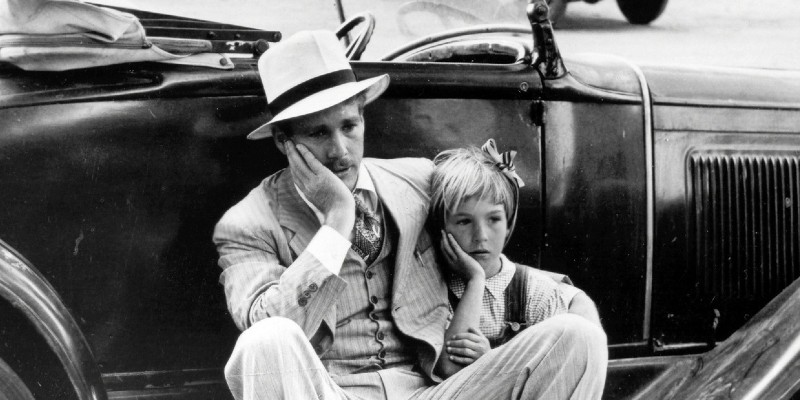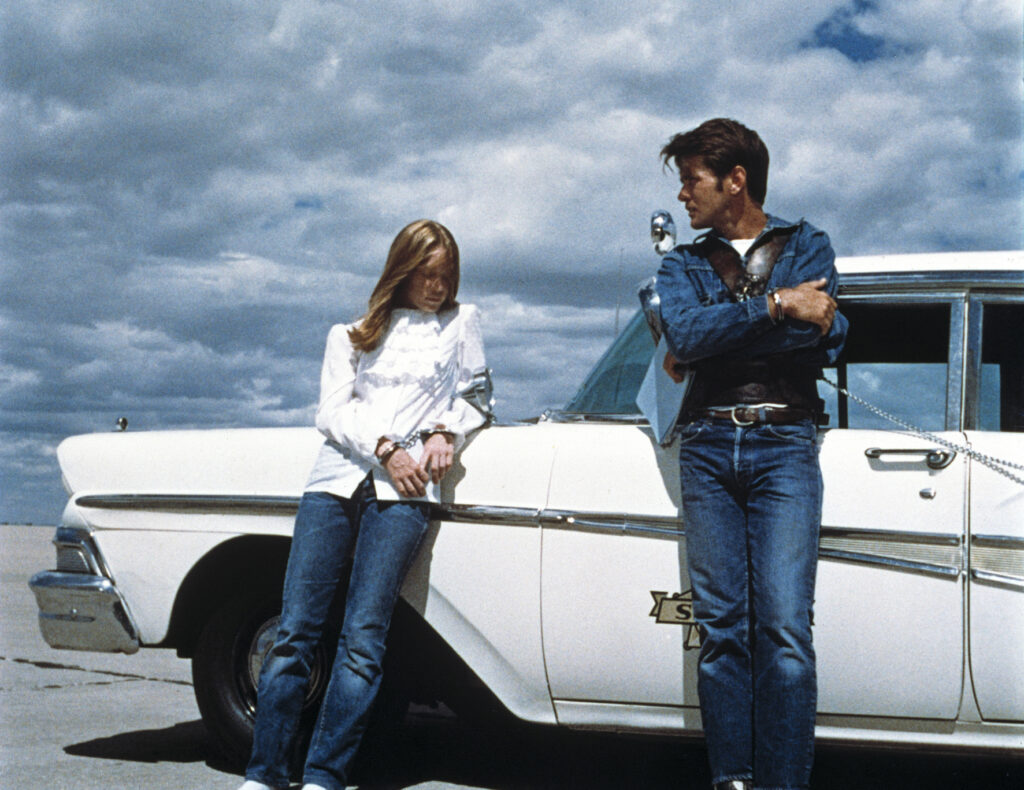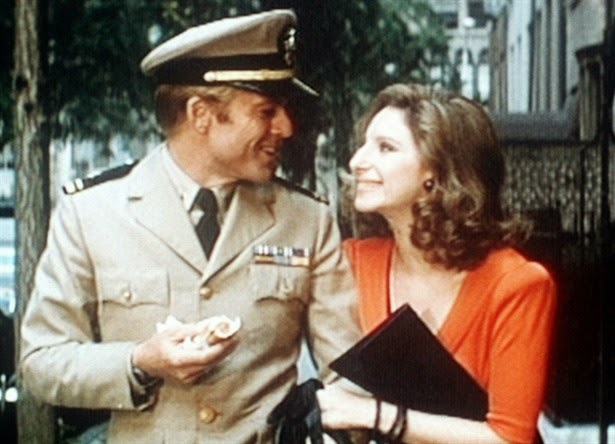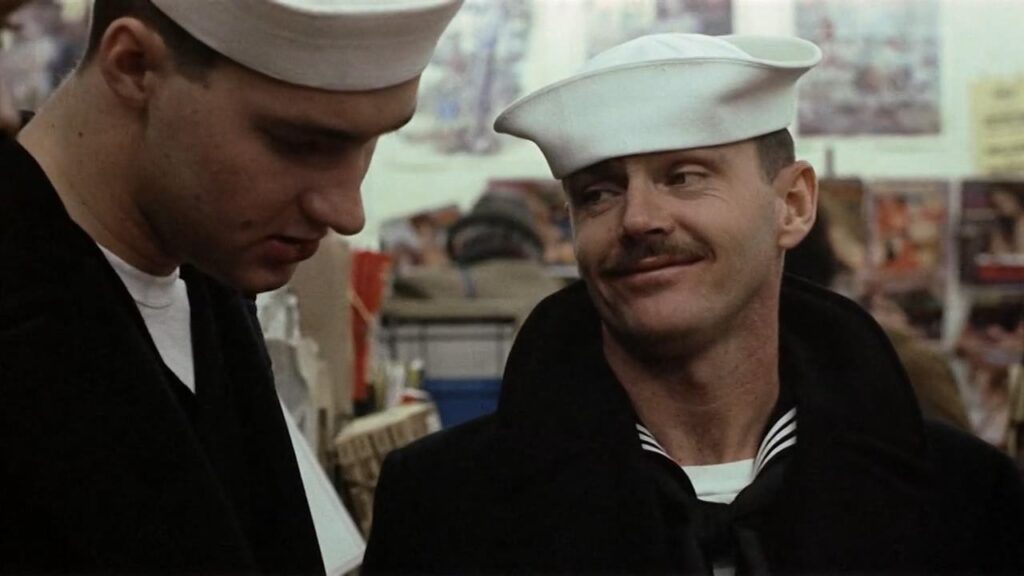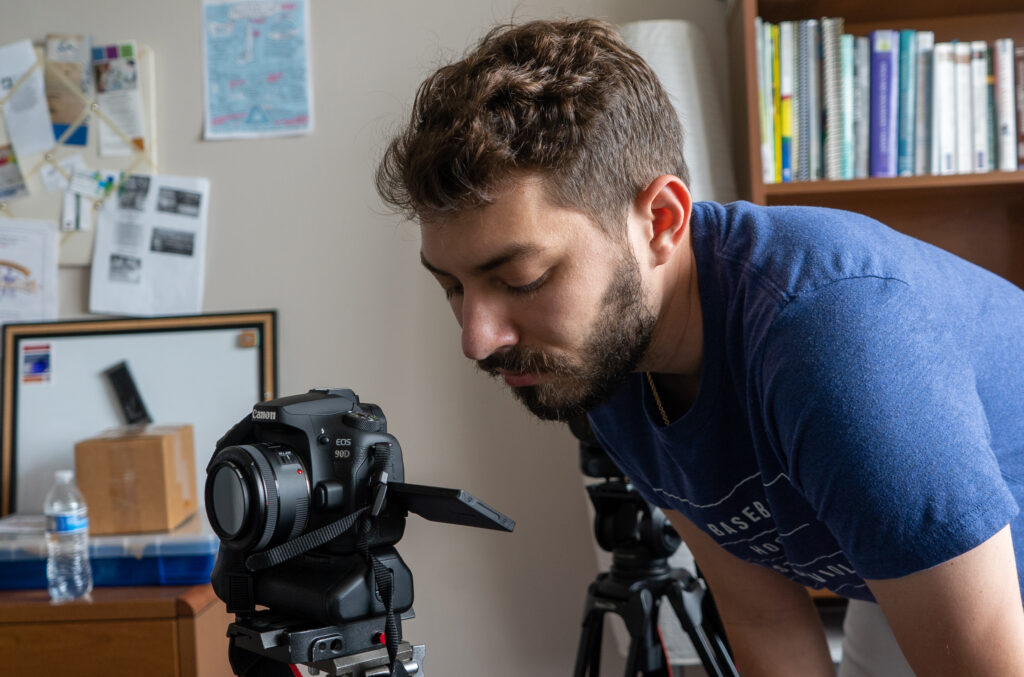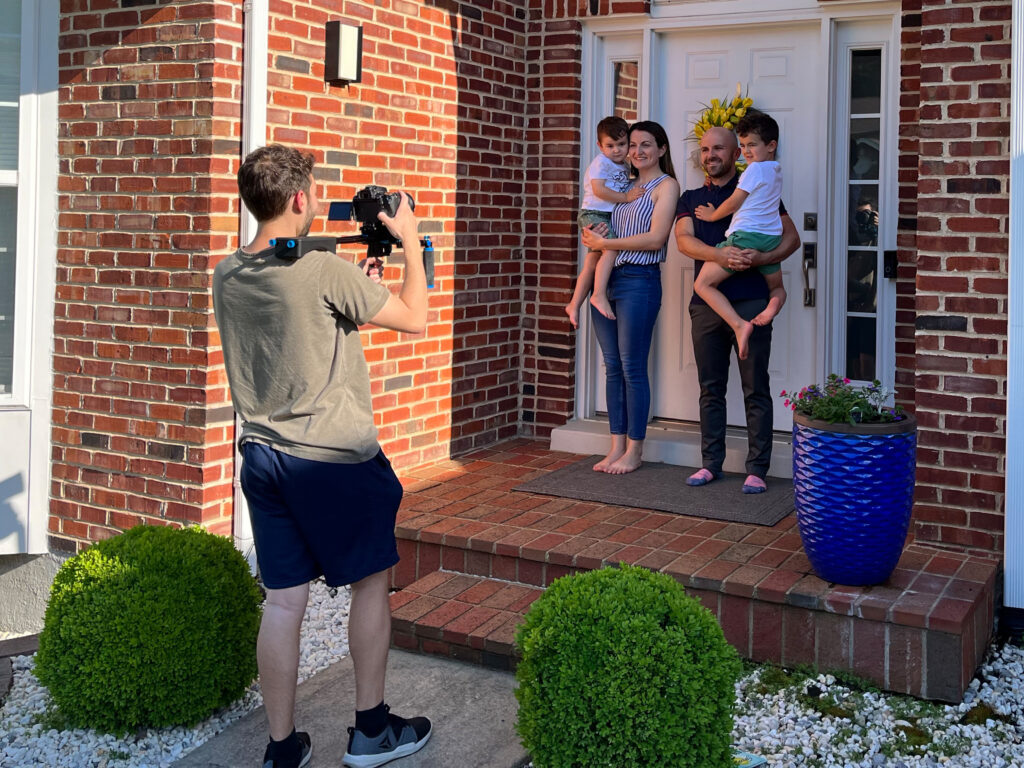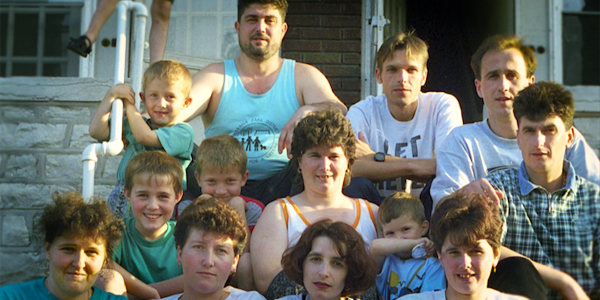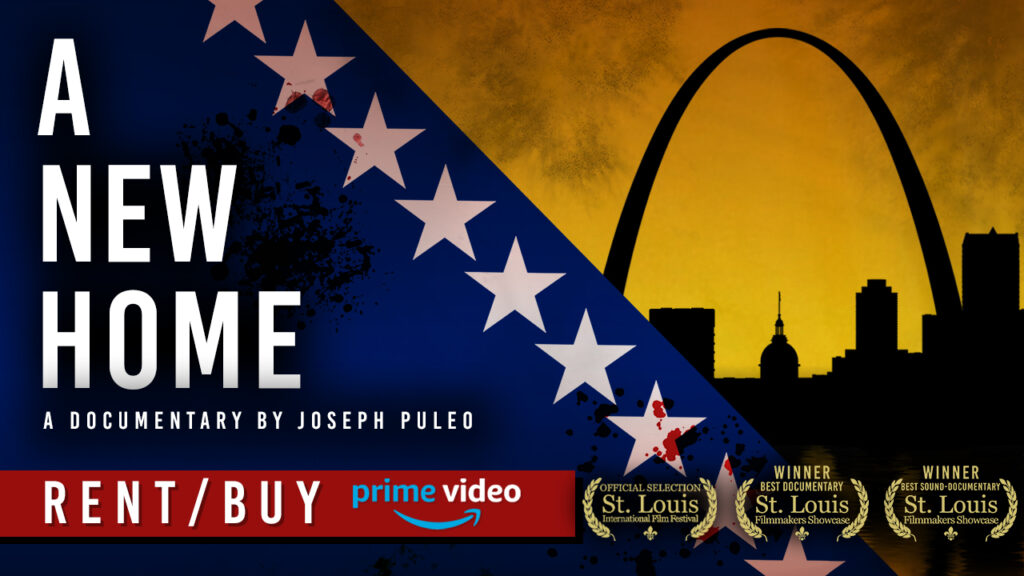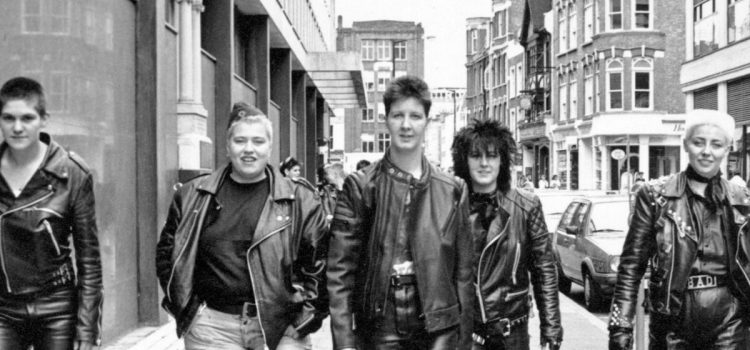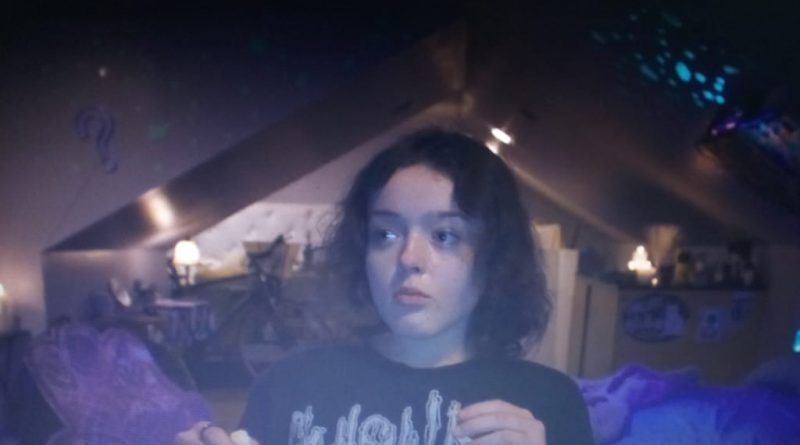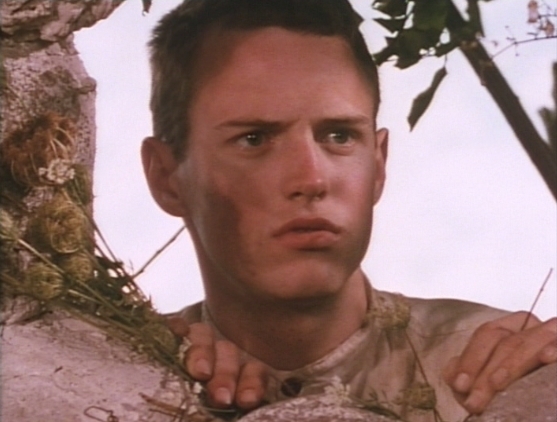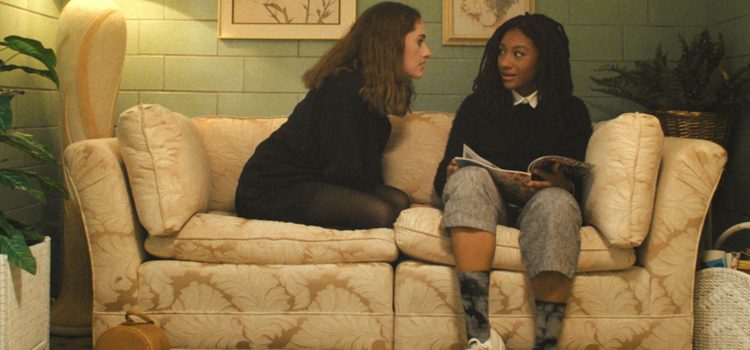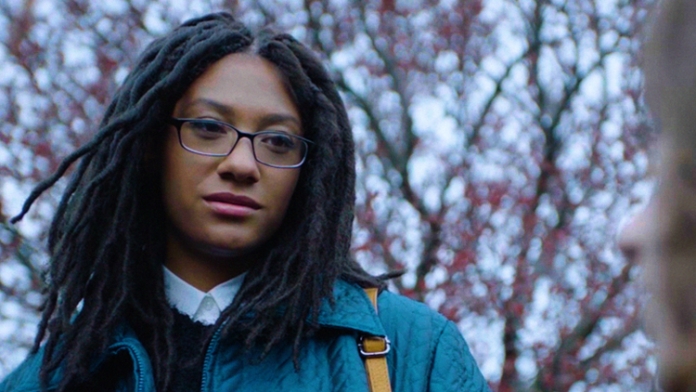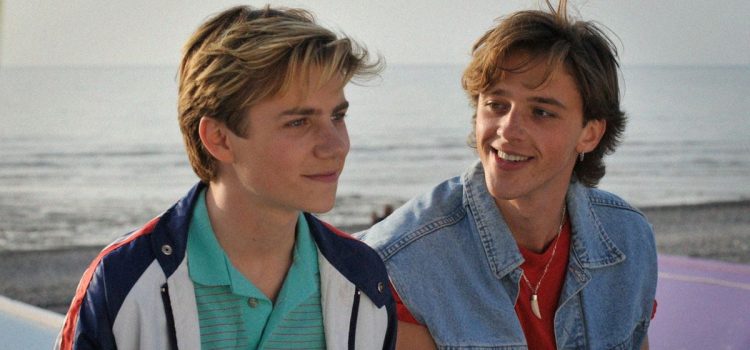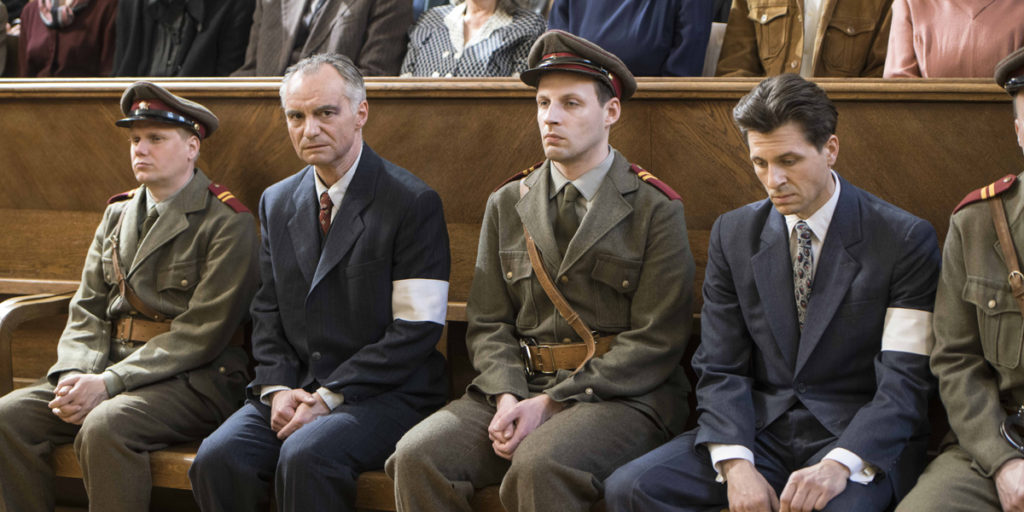By Lynn Venhaus
Congratulations to the local filmmakers who put their time, energy, money and creativity into making a local movie — 91 films were accepted this year! And a record number of women — 22 females directed movies! All these reasons to cheer.
Sunday night (July 30) was the 23rd Annual St. Louis Filmmakers Showcase Awards closing party, and this year, it was at Cinema St. Louis’ forever home, the Hi-Pointe Theatre.
Artistic Director Chris Clark, now in his 23rd year, announced the 14 films that move on to the 32nd Annual St. Louis International Film Festival Nov. 9-19, which is quite an honor: They are:

- The Box, directed by Doveed Linder
- The Candy Crucible, directed by Micah Deeken
- Captcha, directed by Andy Compton
- clusterluck, directed by Cami Thomas
- Eliza, directed by Delisa Richardson and Dan Steadman
- Fortune Cookie, directed by Fu Yang
- Gorilla Tactics, directed by Michael Long
- The Highland Incident, directed by Zia Nizami
- Honorable, directed by Zachary Scott Clark and Mariah Richardson
- Nova, directed by Gabe Sheets
- Pretty Boy, directed by Kevin Coleman-Cohen
- The Queue, directed by Michael Rich
- These Flowers Were for You, directed by Taylor Yocom
- Up for Air, directed by Chase Norman
The SLIFF schedule will be released in early fall. The festival will showcase various films across multiple venues throughout the St. Louis area, including the Alamo Drafthouse and CSL’s new home, the Hi-Pointe Theatre. The festival will offer more than 250 films, including documentary and narrative features and short film programs from the widest possible range of storytellers, representing multiple countries featuring more than 25 native languages.
For this year’s St. Louis Filmmakers’ Showcase, 20 juried awards were given out in narrative, and also 10 in documentary and experimental. (See article recap in News: https://poplifestl.com/captcha-and-somewhere-in-old-missouri-win-three-awards-each-at-st-louis-filmmakers-showcase/).
Want to give a shout-out to all, and those in attendance after being part of 17 programs over two weekends, truly inspiring.
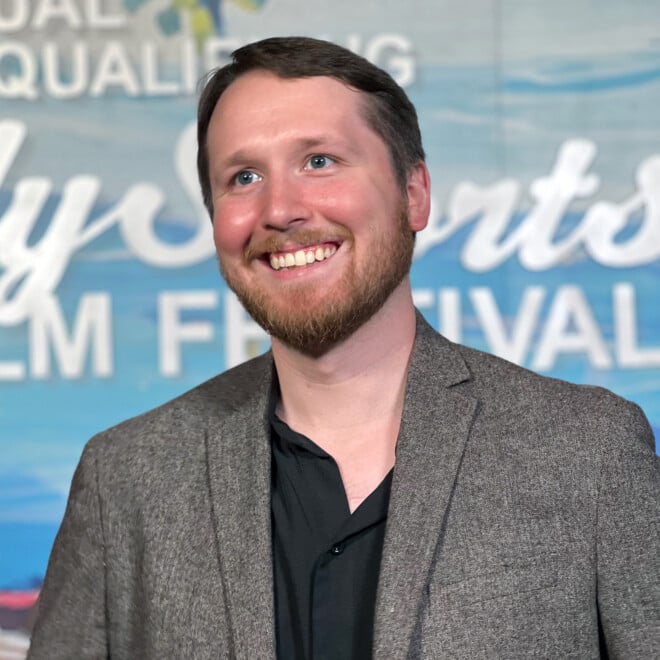
To see people thrilled about their achievements being recognized, to peg certain folks as artists to keep your eyes on, and to meet some of the filmmakers is always fun. (How such a nice person as Michael Rich can make such terrifying, dark films — his “The Queue” won horror this year, and he’s won in the past. (Side note, his film will be part of Franki Cambeletta’s Haunted Garage Horror Film Festival Oct. 5-7 at the Hi-Pointe, so will “The Candy Crucible.”).
And to follow success of people I met when I was an adjunct journalism/media instructor at STLCC-Forest Park in ’09 and see them produce passion projects — Kevin Coleman-Cohen and Mariah Richardson, is exciting.
CSL established the categories — a solid list, and last year, I lobbied for ensemble to be added (recognized more in recent years in film awards, and St. Louis Film Critics Association added it in ’22). This year, other jurors and I felt that with the increase in horror/thriller films, we needed that genre category.
Since 2009, I have served on the narrative jury a number of times, not every year, and certainly not the four times my late son Tim Venhaus’ comedies made the cut, but a considerable amount. I am always eager to see what local folks are up to, and I can attest the quality has grown by leaps and bounds.
This year, the quality of original music was quite exceptional – a longer list of worthy nominees.
(In my opinion, the four biggest things, negatively, are: sound and lighting, quality of acting and the follow-through — how to end a story. I, too, have seen Francois Truffaut’s “The 400 Blows” and freeze-framing the final shot isn’t always the way to go. My latest pet peeve is how fake the fake blood looks, some far better than others, but I digress.)
We are here to celebrate film and the joy involved in community.
Through the whole festival, you see a sense of community — of collaboration, of coming together to produce an original work, emphasis on original. Everybody’s got a story to tell, and how they choose to tell it is a journey unto itself.
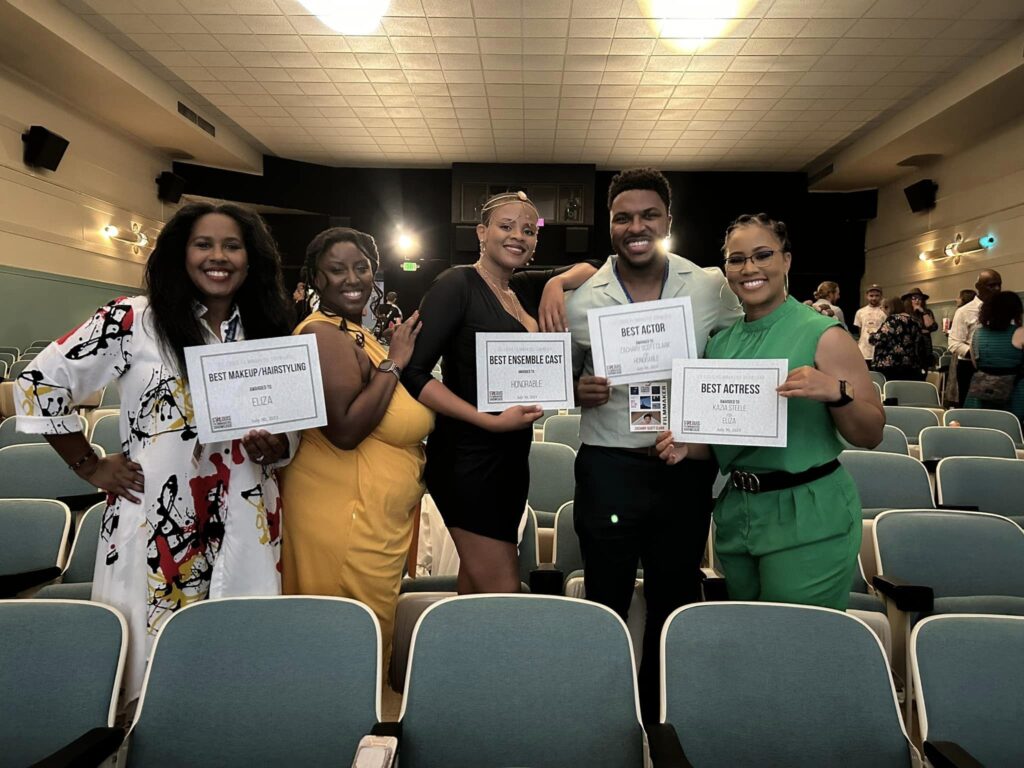
Movie-making is very hard work, and if you’ve spent long hours on a movie shoot, you know it’s something to admire – stamina, resourcefulness, ability to be flexible, and the long hours trying to capture the right angle or light.
Plus it takes courage. And tapping the right people for the job.
In recent years, some actors I know through covering regional theater are in front of a camera, and that’s a fun component – seeing a new side to them. Don McClendon, you must be the champ of most films in a year. David Wassilak, living in your mom’s basement in “The Box”? Eric Dean White, I can’t unsee your image as a creep in “Finch”! Paul Cereghino, you didn’t really kill that baby chick, did you? And is that Alan Knoll as a prison warden in “Penitentia”?
This year I was introduced to Zachary Scott Clark as Boy Willie in Encore’s “The Piano Lesson,” and to see him become Muhammed Ali in “Honorable” was impressive (how intimidating to play a historical figure!), and likewise, improv comedic actor Ryan Myers in “Captcha” — is he or is he not a robot?
And to discover new talent — Kazia Steele in “Eliza,” Ramone Boyd in “Pretty Boy” and the musicians in “Somewhere in Old Missouri,” among others. And see how hard Tanner Richard Craft works making movies that say something.
Or seeing people you know as actors, Delisa Richardson, move behind the scenes as a writer and director, in “Eliza.”
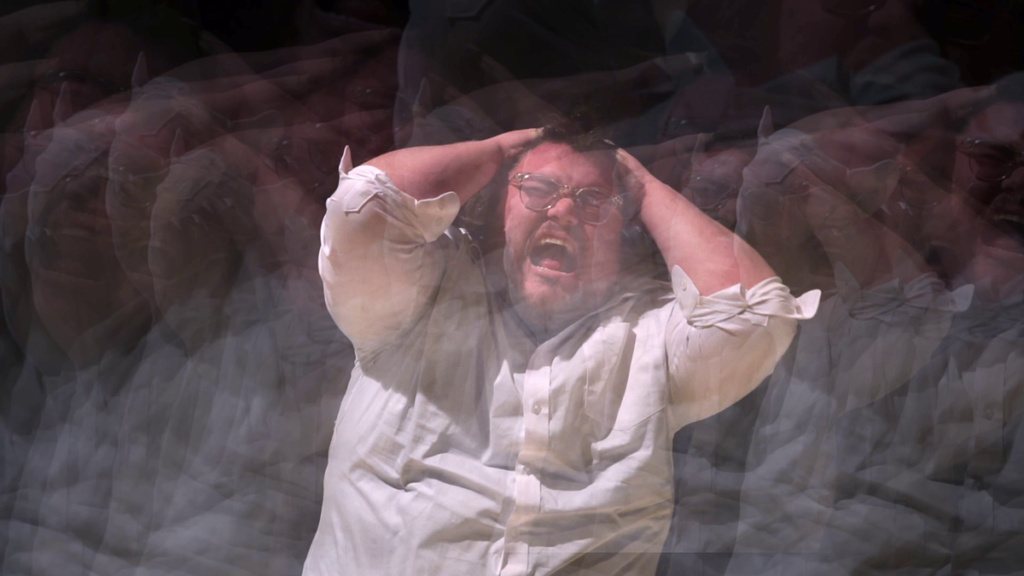
Through promoting the local arts scene, and Cinema St. Louis’ programs, I enjoy meeting these people who are letting their voices be heard, collaborating with others on a labor of love, and have a distinct point of view.
Sadly, some very good films become also-rans. Not everyone can get a trophy, and we always have a healthy discussion on why certain films receive recognition, and others don’t. We don’t name the runners-up. But we do admire many efforts that don’t make that cut — “Cheated!” was a clever original musical told in a few minutes! Attorney Ed Herman spoke the truth in the comically entertaining animated short “Ed V Bathrooms.”
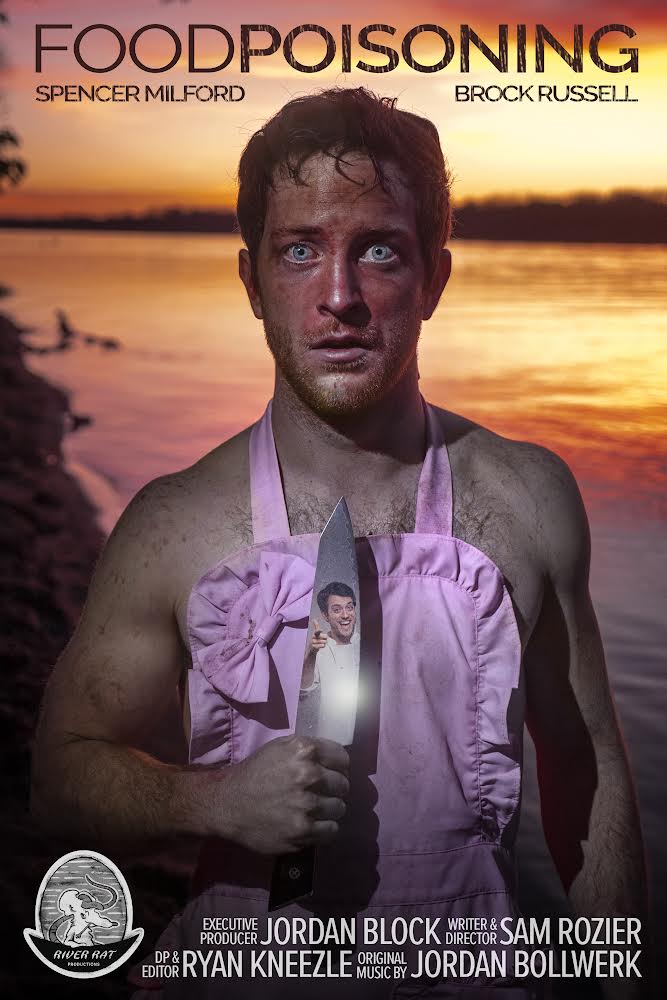
And some actors are quite good in films that are in the conversation but just don’t get the top vote. (Brock Russell and Spencer Davis Milford, we enjoyed you guys in the offbeat black comedy “Food Poisoning” — who knew funny and cannibalism could be in the same sentence? Likewise, two outstanding females in “Broken Vessels” — Alicia Blasingame and Cathy Vu, the dynamic duo of Chrissie Watkins and Joe Hanrahan in “Patient #47,” Rusty Schwimmer in “Penetentia,” and the list is long.
I particularly enjoy seeing different shot selection — local parks, neighborhoods, cool historic homes, use of rivers, high schools, colleges. After all, this is “St. Louis Filmmakers Showcase.” Filmmakers from here who’ve moved can shoot where they are, like L.A., but it’s really fun to see different parts of the ‘Lou, or Illinois, with fresh eyes. Hmmm, that diner is in St. Charles? Is that bar in south city? In “Pretty Boy,” Kevin Coleman-Cohen used ‘underground’ downtown areas that were fascinating.
A film can be 3 minutes, like “Up for Air,” and make its point effectively, or it can be a half-hour, like “Honorable,” and deliver a sense of time and place eloquently. We know they didn’t fly to Ghana, but you understood the setting.
A nondescript apartment became a prison for someone in a mental health crisis in “Where Monsters Lurk.” And Gabe Sheets used a vintage Chevy Nova to tell a transgender teen’s story in “Nova.”
And for Fu Yang’s brilliant stop-motion animation “Fortune Cookie,” the amount of thought and effort is remarkable (won animation/experimental and best narrative under 20 minutes). The backstory told by many directors in their notes is key to understanding all that is involved.
So, the best of the best moves on, while excellent efforts may not get the SLIFF spotlight, but I hope can be seen in other ways. A film has to be seen, and felt. And sometimes, that filmmaker will come back stronger the next year.
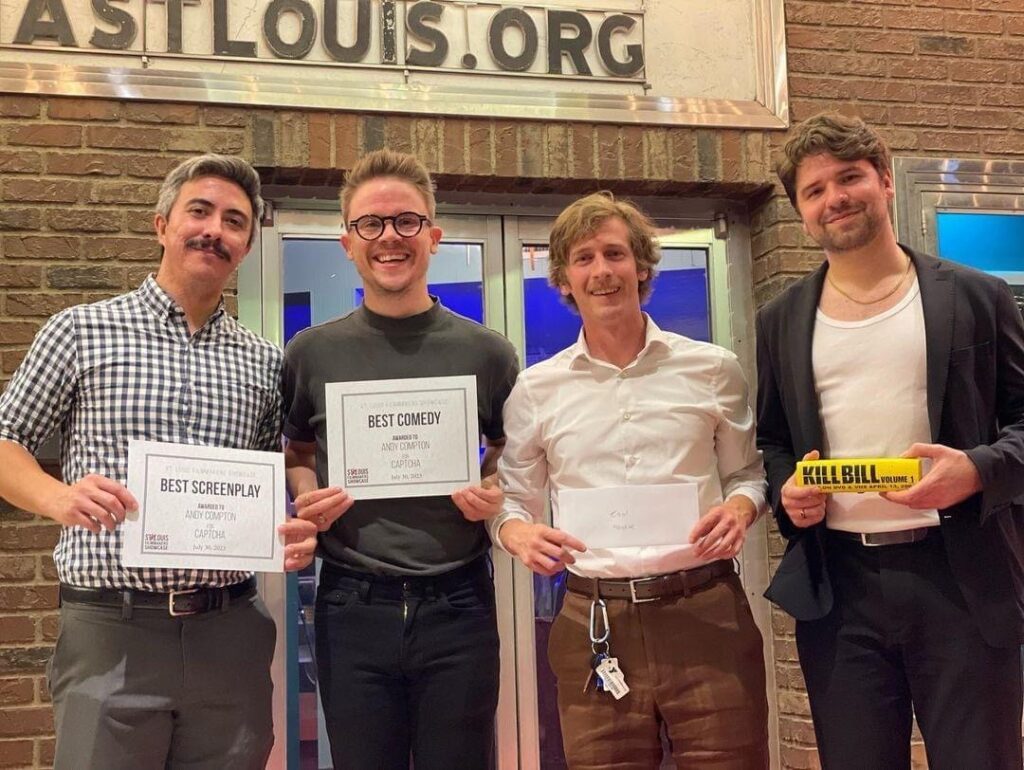
I look forward to see what Andy Compton is up to next, and hope to see some shorts turned into features for ambitious filmmakers. (Scott Wisdom’s “No Rest for the Wicked” perhaps).
The narrative jury watched 59 films this year. Chris gave us a good lead time, and our panel would text each other about certain ones, sometimes we’d go back and watch one a second time to evaluate. The due diligence that I witnessed in fellow jurors Alex McPherson and Cate Marquis is a commitment we willingly take on, because it’s important.
I know the doc committee feels the same way — Carl “The Intern” Middleman, my podcast colleague, watched his slate before he left for a fishing trip to Canada. So did Aisha Sultan, whose family went on an overseas trip, back to discuss the winners. Gayle Gallagher was on hand Sunday night to talk about their decisions.
Now I need to watch the docs I missed, particularly Zia Nizami’s “The Highland Incident.” Zia is a former Belleville News-Democrat photographer that I have known for years, and I was covering metro-east news when the UFO incident was reported in 2001. It will be part of SLIFF.
Hope to see you film fans and dreamers at SLIFF in November.
And kudos to all the folks at Cinema St. Louis who work so very hard to make this annual event happen. Thanks, Bree Maniscalco, Brian Spath and of course, fearless AD Chris Clark.
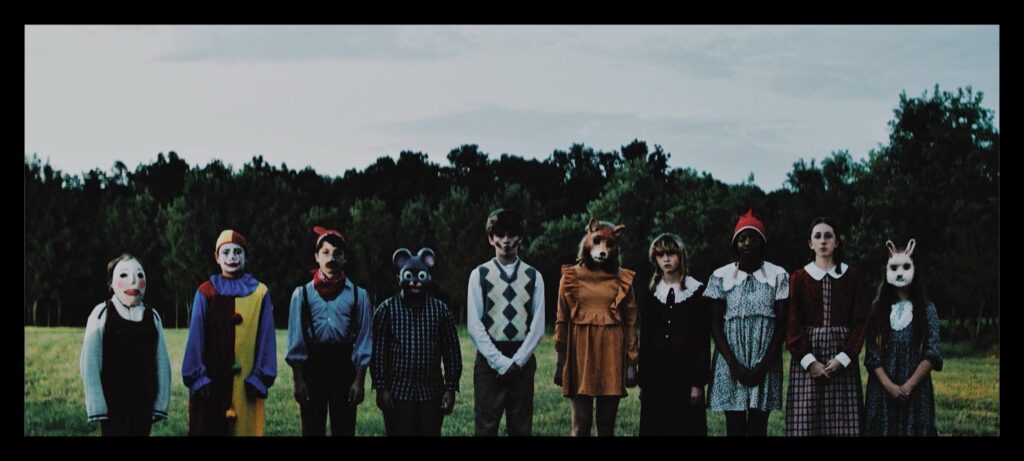
Cover photo of winners Mia Bible and Zachary Scott Clark at the Hi-Pointe, July 30. Photo used with permission.

Lynn (Zipfel) Venhaus has had a continuous byline in St. Louis metro region publications since 1978. She writes features and news for Belleville News-Democrat and contributes to St. Louis magazine and other publications.
She is a Rotten Tomatoes-approved film critic, currently reviews films for Webster-Kirkwood Times and KTRS Radio, covers entertainment for PopLifeSTL.com and co-hosts podcast PopLifeSTL.com…Presents.
She is a member of Critics Choice Association, where she serves on the women’s and marketing committees; Alliance of Women Film Journalists; and on the board of the St. Louis Film Critics Association. She is a founding and board member of the St. Louis Theater Circle.
She is retired from teaching journalism/media as an adjunct college instructor.

